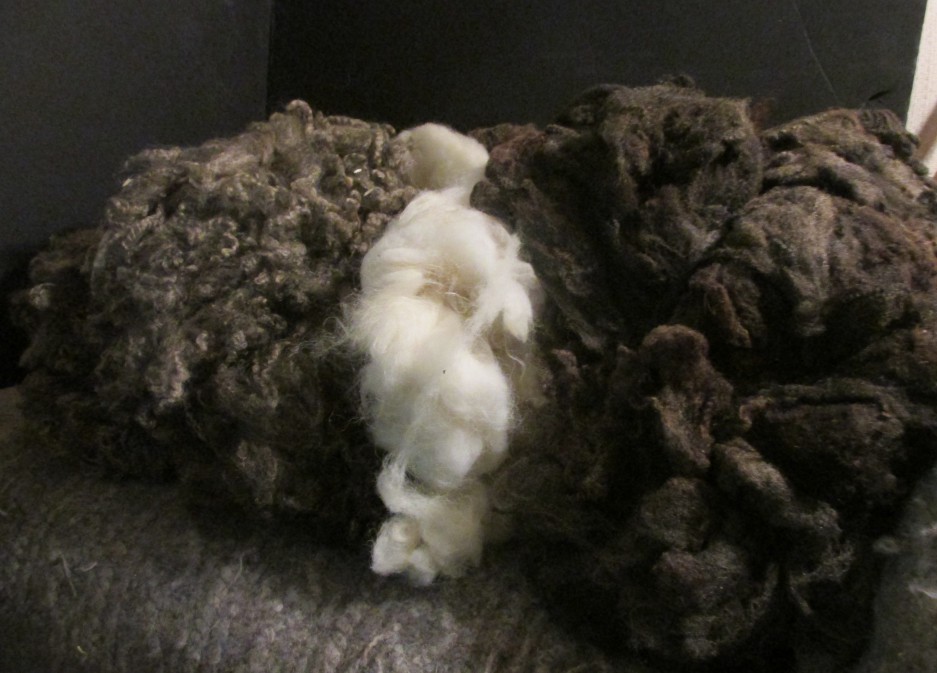FIBERUARY
Proper maintenance and cleaning of your loom, will keep it in good running order. If your loom came with cleaning and maintenance instructions, follow them. If you purchased a used loom, without instructions, the following list should help you extend the life of your loom. After each finished weaving project it is recommended to dust the loom, vacuum or clean the floor under and around the loom, and give the loom a gentle shake to make sure it is still tighten and correctly align. Once a year it is a good idea to use a level to check the position of your loom against the floor; and out of level floor can –over time – damage your loom.
- Metal parts of the loom should be cleaned with a cloth and oiled using sewing machine oil. Use silicone spray on nylon or plastic parts.
- Rust can be cleaned from reeds with powdered pumice. Using a stiff brush and pumice, scrub the reed to strip the rust off. Then oil the reeds well.
- Tighten all bolts and screws securely. If bolts are loose, this can cause permanent damage to the loom, with the excessive beating that a loom has to withstand. The wood can be crushed, screws stripped and bolt holes enlarged.
- In warm or changing climates, it is especially important to clean and wax or oil hardwood regularly to prevent drying and cracking of wood. Varnished surfaces can be dusted and cleaned with lemon oil.
For stained or unvarnished wood, use lemon oil. Rub it on with a soft cloth and let dry. Lemon Oil – Lemon Oil is Mineral oil with 1 percent of synthetic lemon scent, or use paste wax. To clean use Murphy’s oil soap (on wood). Test any product before using it on the entire loom by using it on a spot that is an underneath surface.
- If using loom tie cords (not texsolv) coating them with beeswax can protect them from drying out.
Try to avoid using tape on any loom.
Do take a picture of your loom for insurance purposes. Keep a notebook with date of purchase, cost, manufacturer’s instructions, and maintenance record.
Loris Epps has been a mentor of mine since my weaving days at Hill Institute. I would have never gotten through the classes without her. She is a member of The Springfield Weavers and is a prolific weaver.
